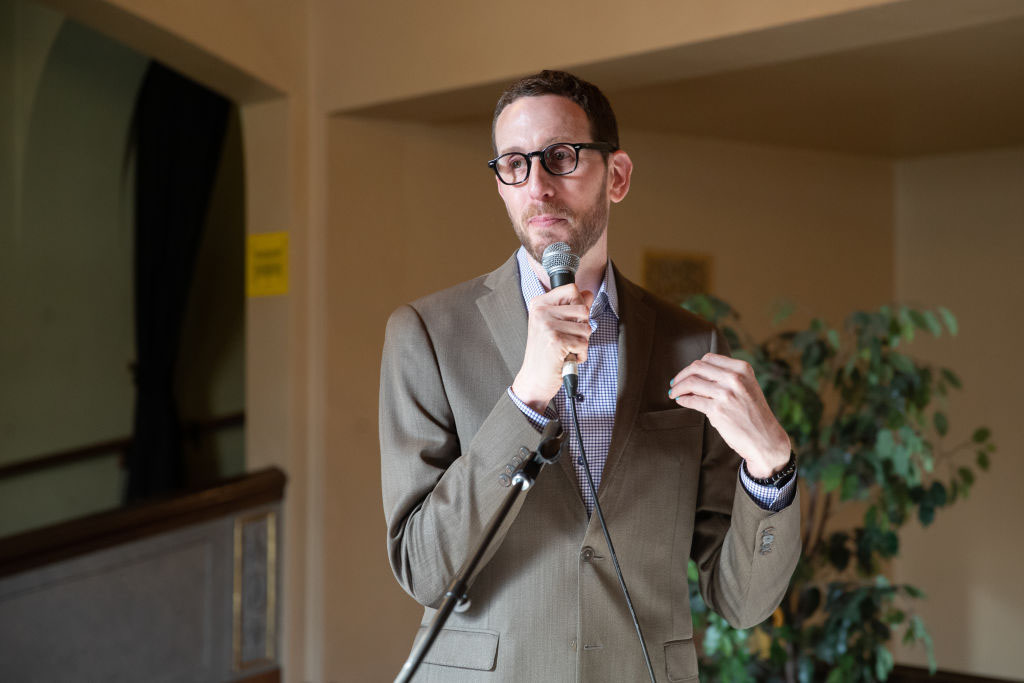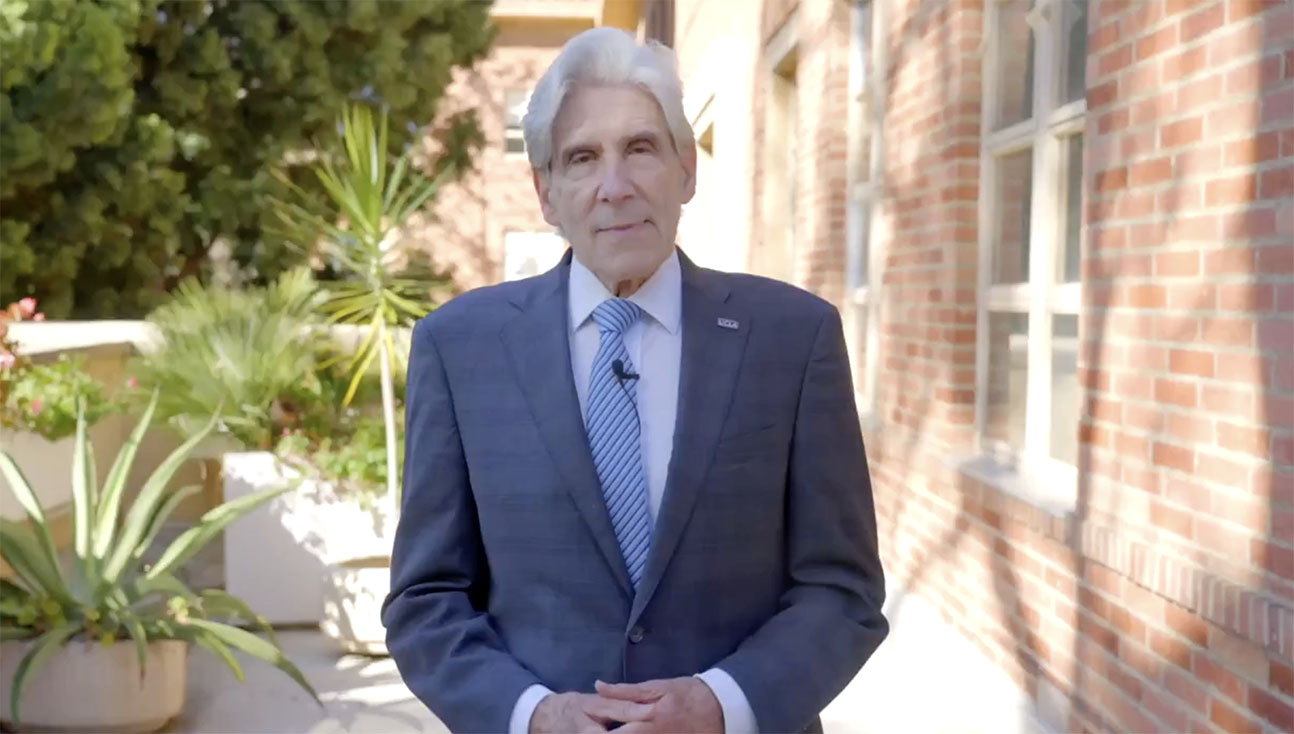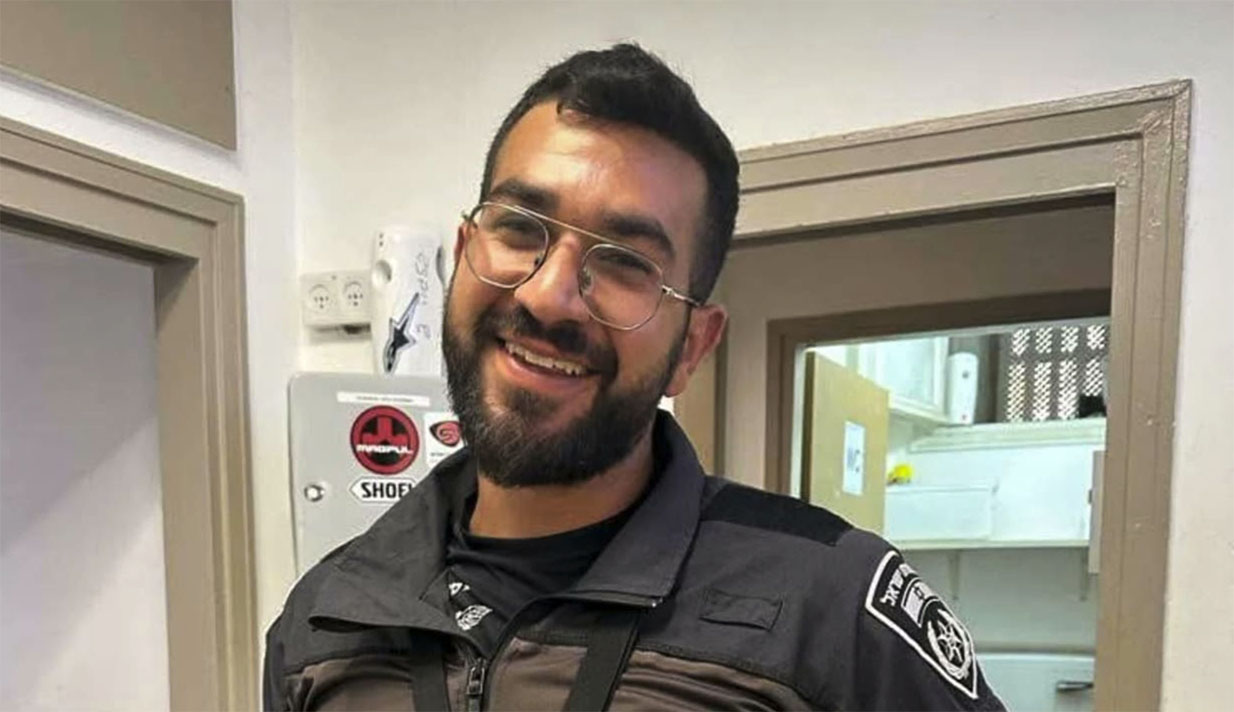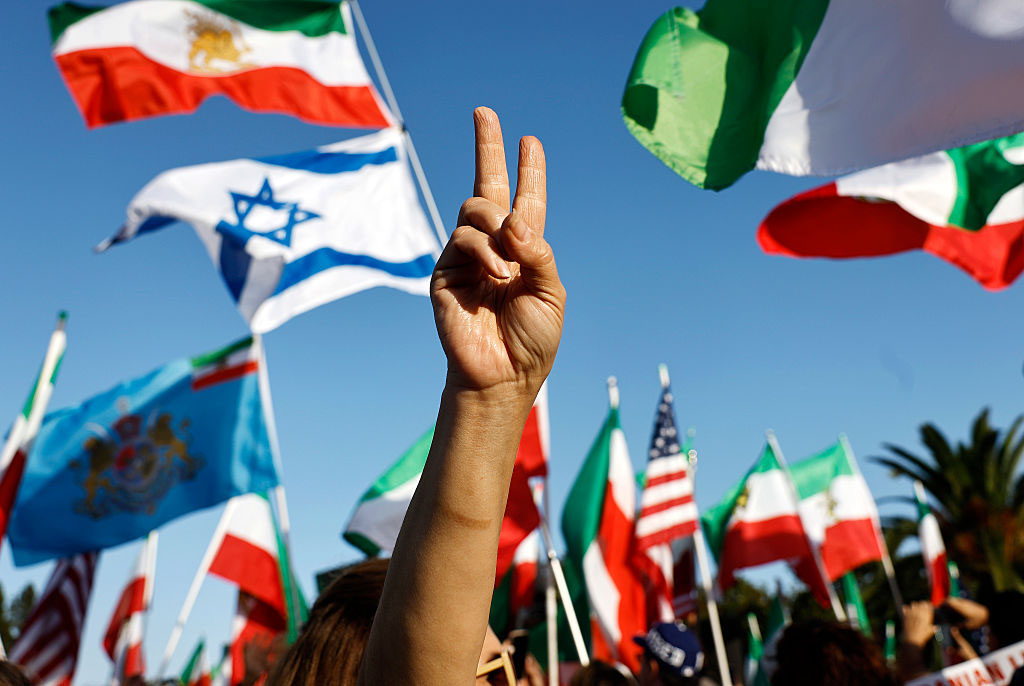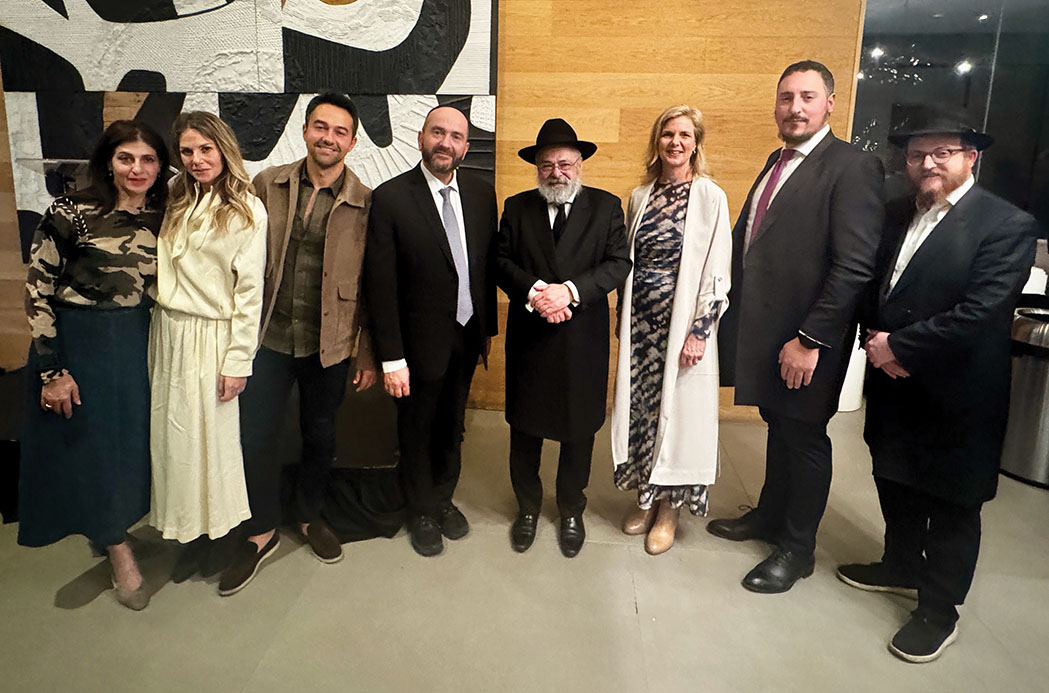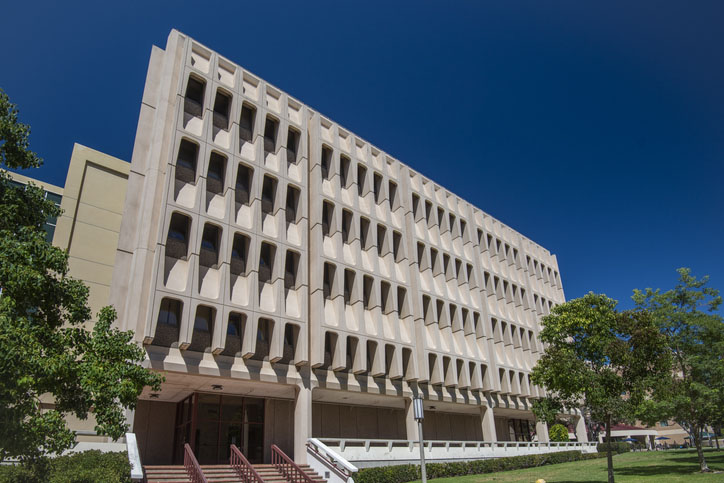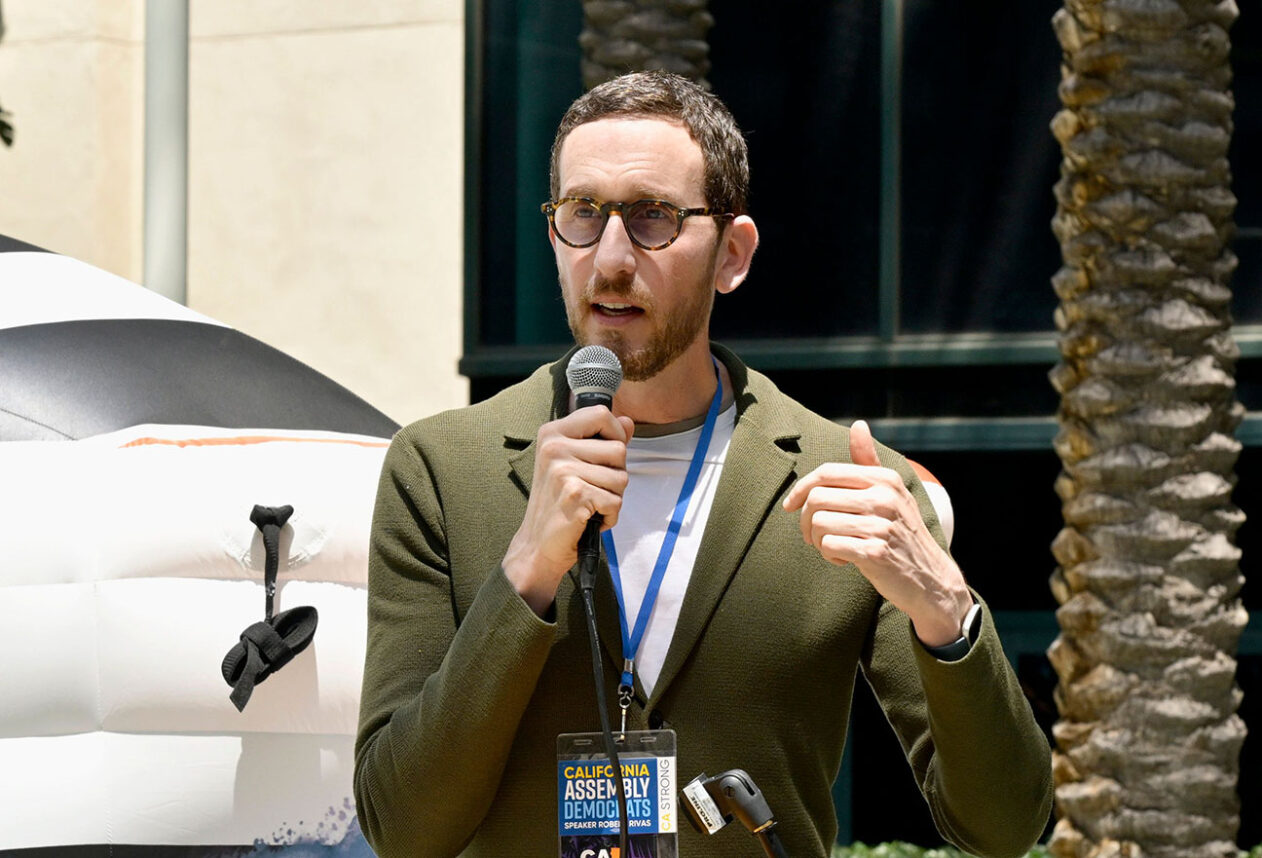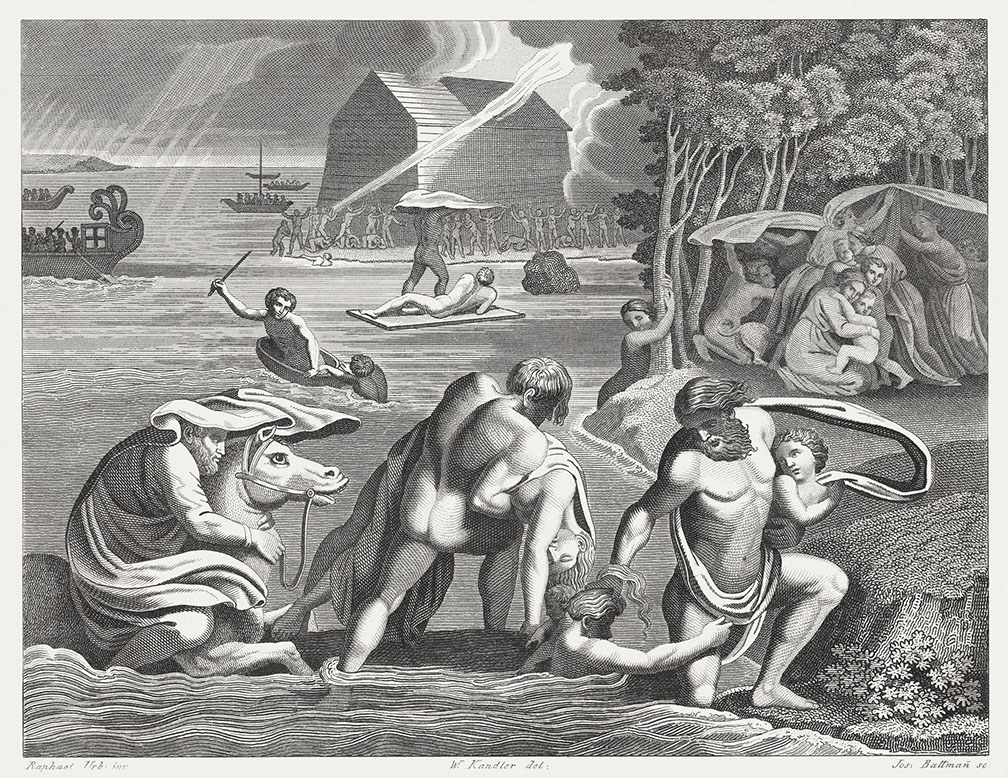
According to the Centers for Disease Control, heart disease is the leading cause of death in women in the United States, and with February being Women’s Heart Month, the Barbra Streisand Women’s Heart Center at Cedars-Sinai Smidt Heart Institute is focused on raising awareness about heart health.
Cedars-Sinai cardiologist Janet Wei mentioned three things that the institute is focusing on this month: Ischemia and No Coronary Obstructive Artery Disease (INOCA), younger women having heart attacks, and factors that can contribute to heart attacks.
Women need to be aware of Ischemia and No Obstructive Coronary Artery Disease, Wei said. “Around half of the women who have symptoms of ischemia (chest discomfort and shortness of breath) and undergo an angiogram (an X-ray of the blood vessels), actually do not have any major blockages in their arteries. In the past,” Wei said, “[they] have been given a pat on their back and told their chest pain is not due to [their] heart.”
As such, she said, women need to be pro-active and ask their doctors to do what is necessary to get to the root of the problem. That could include more extensive testing or even having the doctor take a closer look at their angiogram.
INOCA, Wei explained, is also associated with heart attacks through damage to the heart from poor blood flow, as well as a potential future risk for heart failure.
Wei also addressed the issue of younger women dying from heart attacks. “We want women to be aware that just because you’re young, doesn’t mean you are not likely to have a heart attack,” she said.
“Over 80 percent of heart disease is preventable. Go see your doctor. Understand what your risk factors are.”
— Janet Wei
She added there are also potential heart risks down the line for women who have undergone difficult pregnancies, including high blood pressure, diabetes, pre-term delivery (before 37 weeks) and pre-eclampsia.
Other factors for potential heart disease women should be aware of, Wei said, are premature menopause (before age 40), inflammatory conditions (rheumatoid arthritis or lupus) and being treated with certain therapies for breast cancer including radiation to the heart.
They should also be aware of and understand their cholesterol levels and blood pressure, Wei said, stating that normal systolic blood pressure should be less than 120 mmHg, and normal diastolic blood pressure should be less than 80 mmHg. “If [blood pressure] is elevated, they should see a doctor about how to [adjust] their lifestyle,” she said.
Wei recommended searching online for the ASCVD (atherosclerotic cardiovascular disease) risk calculator. Women from ages 40 to 75 can input their age, blood pressure and cholesterol, as well as factors such as diabetes and whether they smoke. The calculator estimates their risk of having a heart attack within the next 10 years.
Wei said the Institute also recommends regular exercise and a heart-healthy, Mediterranean-style diet. Any moderate aerobic activity at least 30 minutes, five times a week helps reduce the risk of a stroke, heart attack and heart failure.
A Mediterranean diet, Wei said, includes five to six servings of fruits and vegetables a day, and focusing on whole grains (wheat bread, brown rice) rather than simple, processed carbohydrates (cookies, cakes, white pasta). You also can have a handful of nuts, and focus on the good fats from avocados and olive oil, as well as the good fats from fish.
“Over 80 percent of heart disease is preventable,” Wei said. “Go see your doctor. Understand what your risk factors are.”















